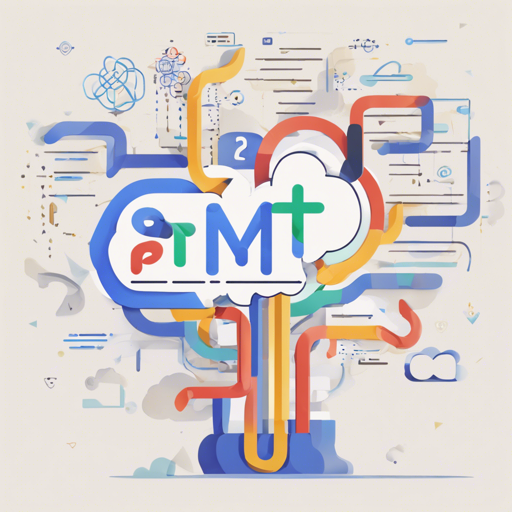Are you fascinated by the idea of generating questions from texts in the Thai language? Thanks to the innovative Googles mT5 model, this is no longer a far-fetched dream. In this blog post, we will explore how to harness this powerful tool to pose questions based on Thai sentences.
Understanding Googles mT5 Model
The mT5 model is a versatile algorithm optimized for multiple languages, including Thai. It is adept at answering questions and generating them from context-rich texts. For our purpose, we will utilize a pre-trained variant called Pollawatmt5-small-thai-qa-qg that has been fine-tuned specifically on datasets meant for Thai question generation.
Step-by-Step Guide to Generate Questions
To start with, we need to install the essential library, transformers, from Hugging Face which makes it easier to work with the mT5 models. Here’s how you can get started:
Step 1: Install Required Packages
- Ensure you have Python installed on your machine.
- Install the Transformers library by running the following command:
pip install transformersStep 2: Import Libraries
Once installed, we will import the necessary components from the library:
from transformers import MT5Tokenizer, MT5ForConditionalGenerationStep 3: Load the Model and Tokenizer
Next, we need to load the tokenizer and model you downloaded earlier:
tokenizer = MT5Tokenizer.from_pretrained('Pollawatmt5-small-thai-qa-qg')
model = MT5ForConditionalGeneration.from_pretrained('Pollawatmt5-small-thai-qa-qg')Step 4: Prepare the Input Text
Now, let’s prepare a sample Thai text for generating questions:
text = "กรุงเทพมหานคร เป็นเมืองหลวงและนครที่มีประชากรมากที่สุดของประเทศไทย เป็นศูนย์กลางการปกครอง การศึกษา การคมนาคมขนส่ง การเงินการธนาคาร การพาณิชย์ การสื่อสาร และความเจริญของประเทศ เป็นเมืองที่มีชื่อยาวที่สุดในโลก ตั้งอยู่บนสามเหลี่ยมปากแม่น้ำเจ้าพระยา มีแม่น้ำเจ้าพระยาไหลผ่านและแบ่งเมืองออกเป็น 2 ฝั่ง คือ ฝั่งพระนครและฝั่งธนบุรี กรุงเทพมหานครมีพื้นที่ทั้งหมด 1,568.737 ตร.กม. มีประชากรตามทะเบียนราษฎรกว่า 5 ล้านคน"Step 5: Tokenize and Generate Questions
We will now tokenize our text and pass it through the model to generate questions:
input_ids = tokenizer.encode(text, return_tensors='pt')
beam_output = model.generate(
input_ids,
max_length=50,
num_beams=5,
early_stopping=True)
print(tokenizer.decode(beam_output[0]))The Analogy: A Wise Teacher
Think of the mT5 model as a wise teacher standing in front of a class filled with eager learners (the texts). Just as a teacher transforms sentences into questions to engage students more deeply with the material, the mT5 model takes the information from your Thai text and asks relevant questions that can lead to further exploration and understanding. In our example, the teacher might ask, “What river divides the city into two districts?” leading students to discuss Bangkok’s geography.
Troubleshooting Tips
As you work through generating questions, you might encounter a few hiccups. Here are some troubleshooting tips:
- Model not loading: Ensure that your internet connection is stable so that the model and tokenizer can be downloaded properly.
- Text too long: If you get an error about the input text being too long, try breaking it down into smaller segments.
- Installation issues: Double-check whether you have the correct version of Python and required packages installed.
For more insights, updates, or to collaborate on AI development projects, stay connected with fxis.ai.
Conclusion
With Googles mT5, generating questions from Thai text is an engaging way to leverage AI in language processing. By following the steps outlined above, you can effortlessly turn passages into insightful questions.
At fxis.ai, we believe that such advancements are crucial for the future of AI, as they enable more comprehensive and effective solutions. Our team is continually exploring new methodologies to push the envelope in artificial intelligence, ensuring that our clients benefit from the latest technological innovations.

